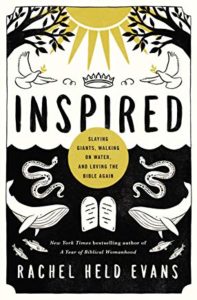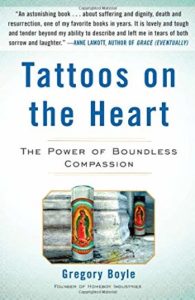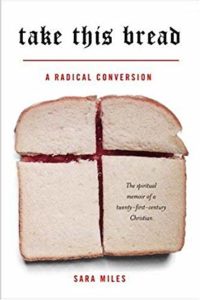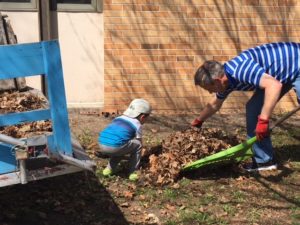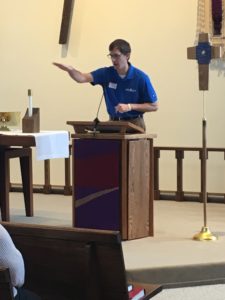 I so value prayer. I hope people will be in prayer for our nation. I am troubled by the way the National Day of Prayer Task Force presents itself as the official face of the National Day of Prayer. They are a private group with a specific religious and political agenda. They are behind the event at our county courthouse on Thursday, May 2.
I so value prayer. I hope people will be in prayer for our nation. I am troubled by the way the National Day of Prayer Task Force presents itself as the official face of the National Day of Prayer. They are a private group with a specific religious and political agenda. They are behind the event at our county courthouse on Thursday, May 2.
I invite you to an alternate multi-faith time of prayer and meditation on Thursday, May 2 at 12:00 pm at Water Street Park led by the Decorah Area Faith Coalition.
Peace be with you.
Pastor Amy



